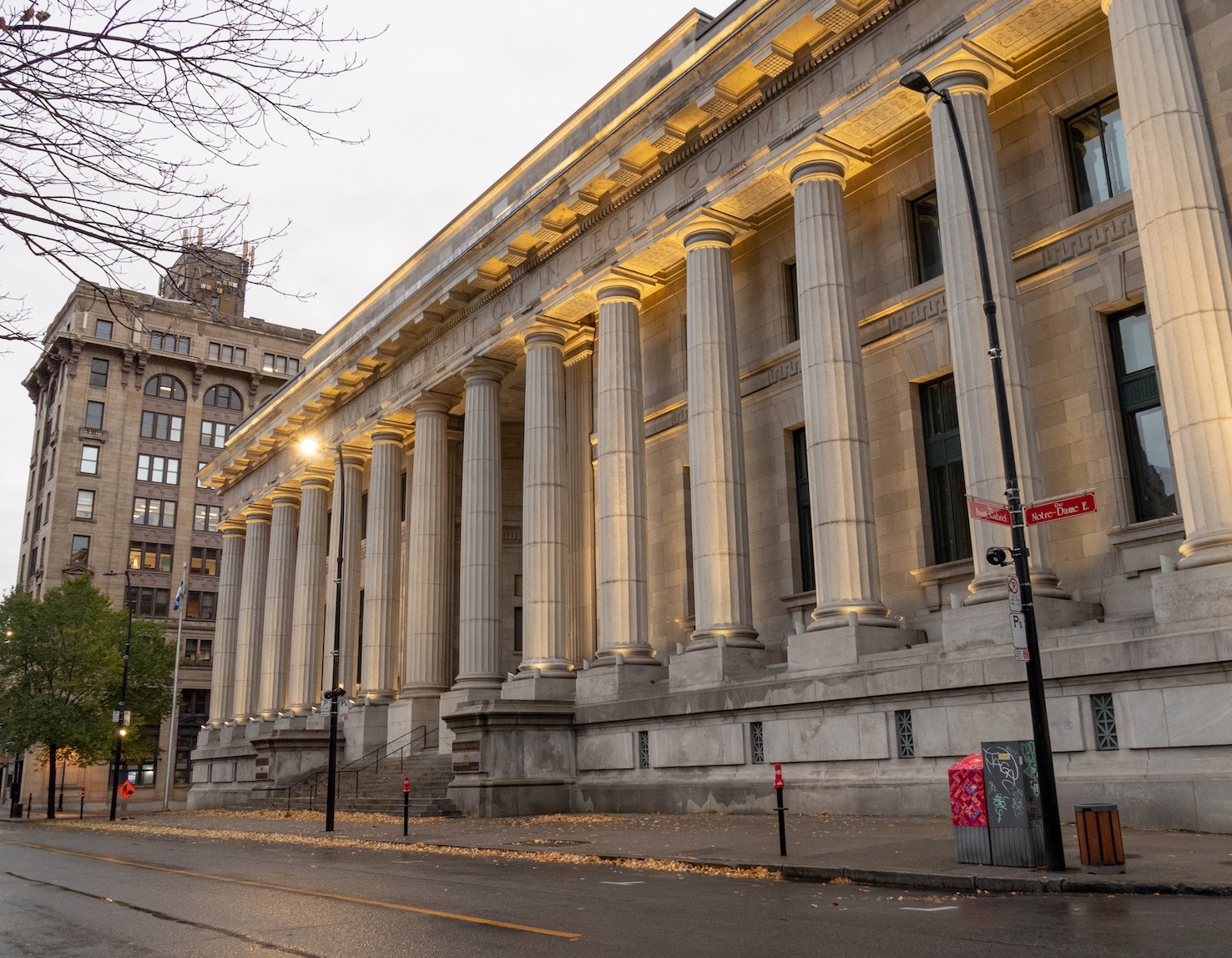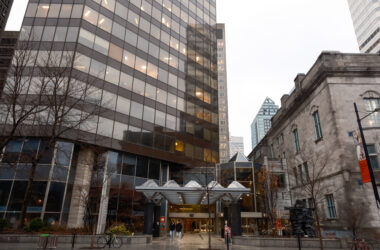The McGill Institute for the Study of Canada (MISC) hosted an online panel titled The Quebec Referendum, 25 years later on Oct. 29. The discussion, moderated by Canada’s Commissioner of Official Languages and former McGill visiting lecturer, Graham Fraser, featured four speakers: Louise Beaudoin and Éric Bédard, who supported Quebec’s separation from Canada, and Eddie Goldenberg and John Parisella, who were against it. Panellists reflected on their personal experiences during the election and explained their positions.
On Oct. 30, 1995, Quebec held a referendum to determine whether it would separate from Canada. In the previous referendum concerning Quebec’s sovereignty in 1980, 60 per cent of Quebecers voted to stay in Canada. The 1995 election, however, was more unpredictable: The “No” coalition, which was opposed to Quebec separatism, won, capturing 50.58 per cent of the vote.
The panelists described their preparations leading up to election day in 1995, along with their views of the question posed to voters and how their respective sides reacted the day after the results were released. Each speaker detailed their personal experience with the 1995 referendum and how it differed from the one in 1980.
In the 1990s, the separatists were gaining support under the guidance of Jacques Parizeau, a prominent Quebecois sovereigntist. He had realized that a more united front was necessary to avoid the previous referendum’s defeat, which entailed ceding more authority to federal Quebecois politicians like Lucien Bouchard.
“It’s true he had a different approach,” Beaudoin said. “He understood very well that we had to ally ourselves [with the federal government]. The large coalition with the Bloc Québécois and Lucien Bouchard […] was the big surprise. I want to say this about Parizeau, for whom independence was a life goal. He knew if we wanted to win, Lucien Bouchard was needed.”
Goldenberg said that the side opposing separation also observed changes from 1980. He explained that, with Pierre Elliot Trudeau no longer spearheading the federalist position, numerous factions on the “remain” front gained greater influence in the coalition.
“The referendum in 1980 […] was shortly after Pierre Elliott Trudeau came back into office with a very strong mandate from the people of Quebec,” Goldberg said. “In 1995, Prime Minister Chrétien was in a far weaker position in the province of Quebec [….] That affected how we could frame the campaign. We depended more on the provincial Liberals to take the lead in the campaign than [Trudeau] did in 1980. That was the fundamental difference.”
The panelists described the moments leading up to the referendum. Both coalitions faced internal conflicts as the movement progressed and more diverse interests emerged. Parisella explained that the federalists clashed over whether they could amend the constitution to give Quebec more autonomy and recognize Quebec as distinct in order to ease separatist sentiments. This move, however, was rejected by Chrétien.
“There was an incident where Mr. Johnson, leader of the [federalists], spoke about the eventual constitutional change when Quebec [and] its distinct character would be recognized,” Parisella said. “Mr. Chrétien said basically this is not time to talk about constitutional change or negotiations, [and that the sovereigntists] want to break up the country, so let’s stay focused on that.”
In concluding the discussion, both sides of the vote acknowledged that, despite their opposing opinions about what is in the best interest of Quebec, unity among the citizens is most necessary to maintain a well-functioning society.
“Where we’re going in the future […] we do it in a way that is respectful,” Goldenberg said. “We went through a very polarized time, and nobody liked it. A polarized society is the last thing we need.”









